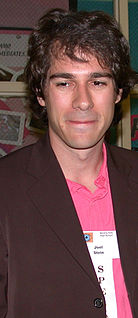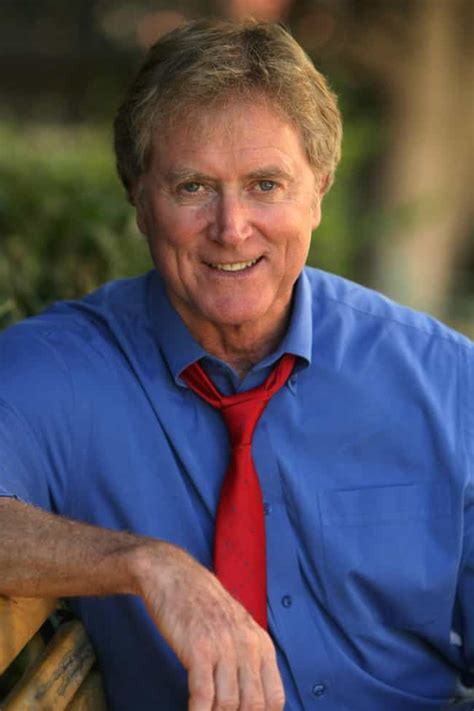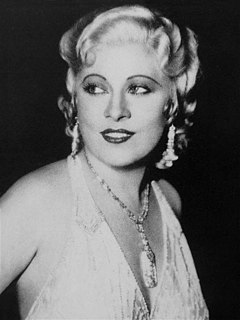A Quote by E. L. Doctorow
I did have a feeling then that the culture of factuality was so dominating that storytelling had lost all its authority.
Quote Topics
Related Quotes
A lot of native culture has been destroyed. So you already feel lost inside your culture. And then you add up feeling lost and insignificant inside the larger culture. So you end up feeling lost squared. And to never be recognized, to never have any power, you know, other minority communities actually have a lot of economic, cultural power.
Before Gutenberg, there was this really very strong oral storytelling culture where being able to relay stories from person to person was sufficient. And then, with the introduction of printing and mass communication, suddenly somebody had a lot of authority invested in the idea of a single canonical expression of a document or a piece of communication.
And there is also the paradox that the dominating culture imbues the Indian past with great meaning and significance; it is valued more because it is seen as part of the past. And it is the romantic past, not the present, that holds meaning and spiritual significance for so many members of the dominating culture. It has seemed so strange to me that the larger culture, with its own absence of spirit and lack of attachment for the land, respects these very things about Indian traditions, without adopting those respected ways themselves.
Nixon identified himself as a crisis-laden man. He'd reach levels of victory and then he'd plunge into defeat. He was vice president, then he lost to Kennedy, then he lost the California governorship. Then came a great comeback and then he blew it again - and the next comeback, after he lost the presidency. He was a man who needed the feeling of walking the precipice.
In my terms, I settled for the realities of life, and submitted to its necessities: if this, then that, and so the years passed. In Adrian's terms, I gave up on life, gave up on examining it, took it as it came. And so, for the first time, I began to feel a more general remorse - a feeling somewhere between self-pity and self-hatred - about my whole life. All of it. I had lost the friends of my youth. I had lost the love of my wife. I had abandoned the ambitions I had entertained. I had wanted life not to bother me too much, and had succeeded - and how pitiful that was.
I did not want to move. For I had the feeling that this was a place, once seen, that could not be seen again. If I left and then came back, it would not be the same; no matter how many times I might return to this particular spot the place and feeling would never be the same, something would be lost or something would be added, and there never would exist again, through all eternity, all the integrated factors that made it what it was in this magic moment.
One of the strangest experiences one can have is to sleep on stage, as I once did in Sydney when I'd lost the key to my flat. I had to stay at night in a bed, which conveniently was on stage because my character Sandy Stone did his monologue from a bed. To wake up looking at a shadowy auditorium is a very peculiar feeling.
Too many Broadway actors in motion pictures lost their grip on success--had a feeling that none of it had ever happened on that sun-drenched coast, that the coast itself did not exist, there was no California. It had dropped away like a hasty dream and nothing could ever have been like the things they thought they remembered.
I had a lot of friends, but none of them I felt super close with. Now that I'm older, I can look back on my teenage self and kind of see the things I did wrong and the things I did right, what affect they had on me, and what affect they had on other people. I can look at it in a much more conducive way to storytelling.






































